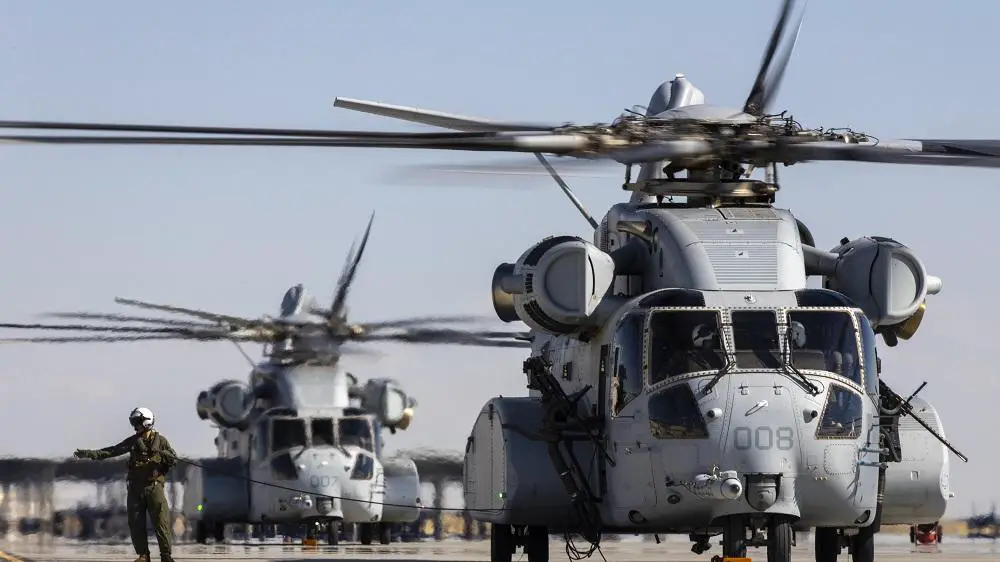The Sikorsky CH-53K King Stallion heavy lift helicopter has entered Full Rate Production (FRP) and its deployment phase, following a decision review by Frederick J. Stefany, Acting Assistant Secretary of the U.S. Navy for Research, Development and Acquisition. FRP occurs at the end of Low Rate Initial Production following a review assessing the results of Initial Operational Test and Evaluation (IOT&E), Live Fire Test and Evaluation, production readiness reviews, risk, and affordability analyses. On December 21, the Acquisition Decision Memorandum was signed, authorizing entry of the CH-53K into FRP.
“We have successfully demonstrated the performance and reliability of this aircraft. With FRP we will continue to build on the strong manufacturing, sustainment and support that has been established for the CH-53K,” said Col. Kate Fleeger, PMA-261 program manager.

Full Rate Production is an important milestone to the H-53 Heavy Lift Program Office (PMA-261), as it allows the program to proceed beyond Low Rate Initial Production and begin increasing procurement quantities, thereby gaining production efficiencies and reducing unit costs. The U.S. Marine Corps continues to execute its transition from the CH-53E to the CH-53K and is on schedule to declare Full Operational Capability in FY2029. The CH-53K King Stallion test team, part of the Heavy Lift Program Office, PMA-261 manages the cradle to grave procurement, development, support, fielding and disposal of the entire family of H-53 heavy lift helicopters.
The Sikorsky CH-53K King Stallion (Sikorsky S-95) is a heavy-lift cargo helicopter designed and produced by Sikorsky Aircraft. The King Stallion is an evolution of the long running CH-53 series of helicopters which have been in continuous service since 1966, and features three uprated 7,500 shp (5,590 kW) engines, new composite rotor blades, and a wider aircraft cabin than its predecessors. It is the largest and heaviest helicopter in the U.S. military. The United States Marine Corps plans to receive 200 helicopters at a total cost of $25 billion. Israel has also reportedly ordered the type; other potential export customers include Japan and Germany.

















